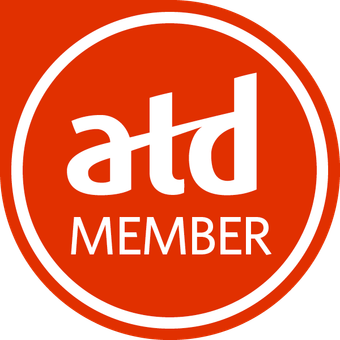 It has been said that public speaking is more frightening to the average person than violence, natural catastrophe or death. However, public speaking need not cause such trepidation.
It has been said that public speaking is more frightening to the average person than violence, natural catastrophe or death. However, public speaking need not cause such trepidation.
As with many of the bolder, more “extreme” activities in life- be it dangerous sports, riding on a roller coasters or partaking in the performing arts- once an individual has “broken the ice,” gained experience and felt the rush of adrenalin brought upon by the activity- what was once terrifying and nearly unthinkable is suddenly pleasurable, immensely satisfying, even addictive.
Whether you have to deliver a speech, presentation or other type of address, one of the keys to happy and successful public speaking is gathering up one’s nerve, taking that first leap and just doing it! But that first attempt will yield greater results and feel less scary if the first time speaker is prepared in terms of approach, attitude and delivery, and armed with the best, most appropriate and effective words to speak.
And one of the key elements in many effective speeches is humor. Human beings love to experience the release that humor offers- the unexpected twist, the totally different perspective in looking at an issue or problem, the light comedic take on a serious issue or problem. Why deliver a plain, regular, predictable speech, when you can deliver a funny speech? Funny usually equals more entertaining and more memorable.
If the speech is about highly technical matters- be it for a specific company, industry or field of interest- the speaker can get appropriate and appreciated laughs by making fun of the technical terms- or jargon- employed by the members of the group. Perhaps the group members employ an “alphabet soup” of acronyms for things. Good comedy undoubtedly will come out of that, as well as other “insider” terms and concepts. Individuals involved in a specific scene or milieu love hearing irreverent or mocking comments having to do with their special “world.” Whether your group is bankers, bottle cap manufacturers or spotted moth enthusiasts, they will greatly appreciate and heartily laugh at well-constructed jokes referencing their area of work, interest or expertise.





